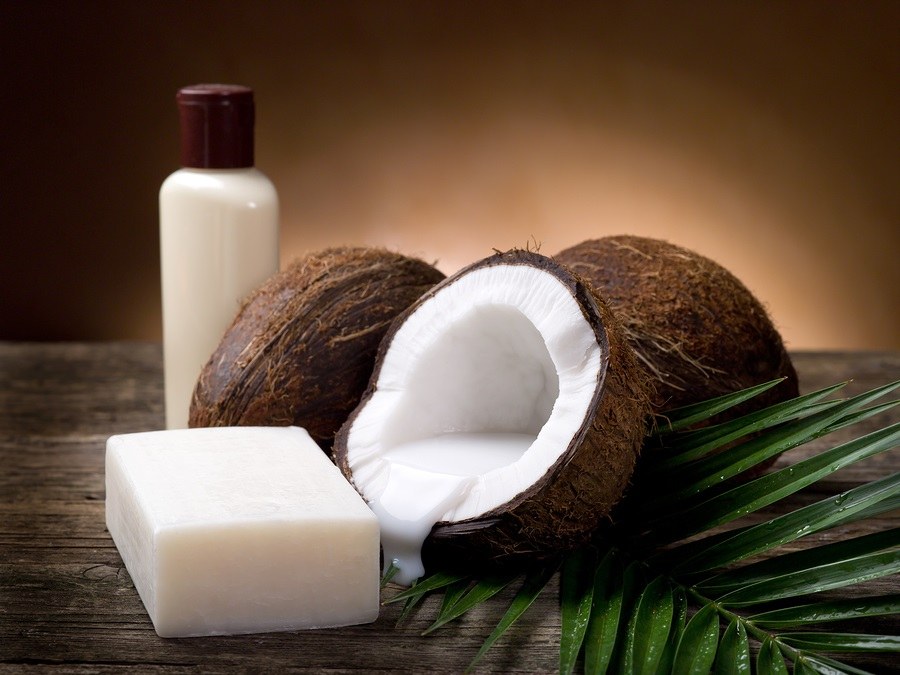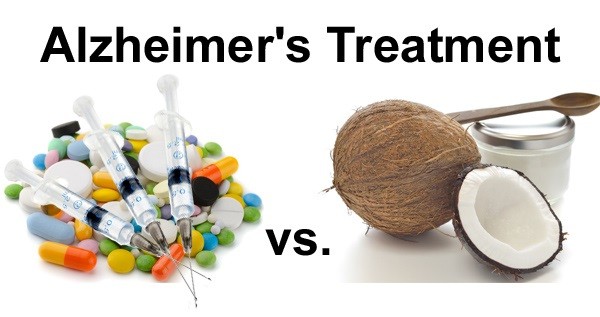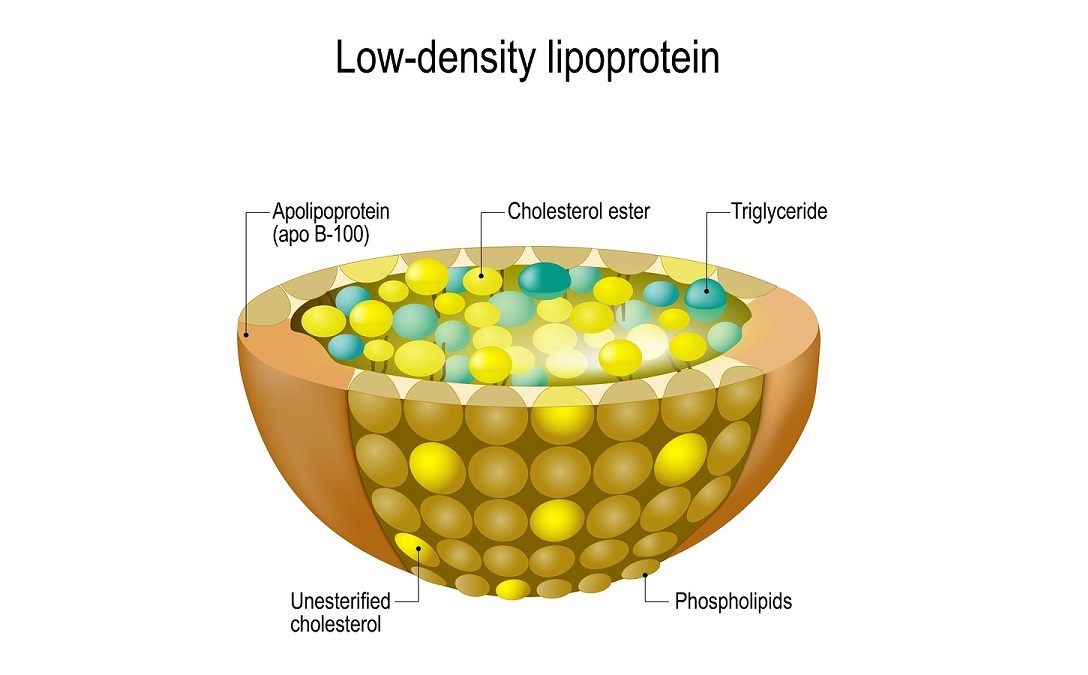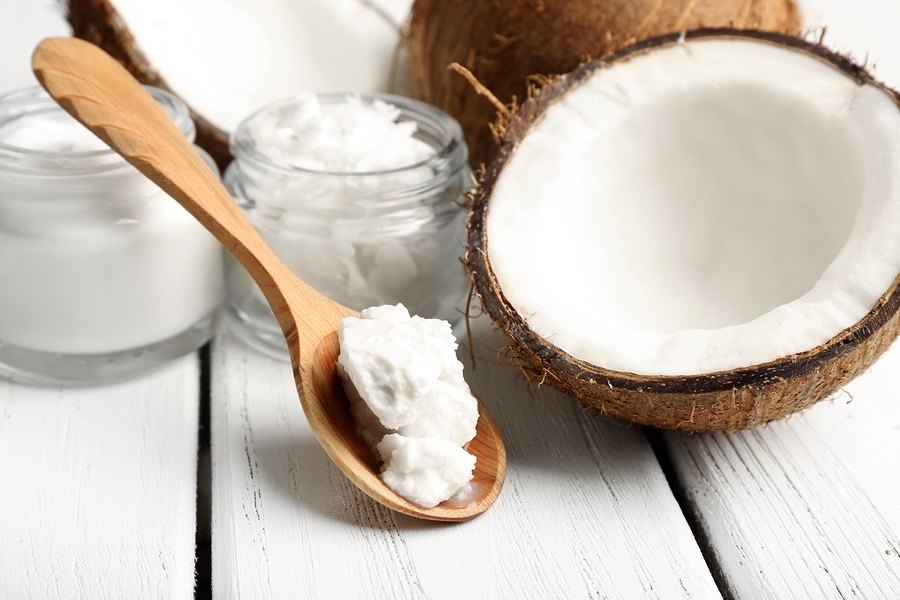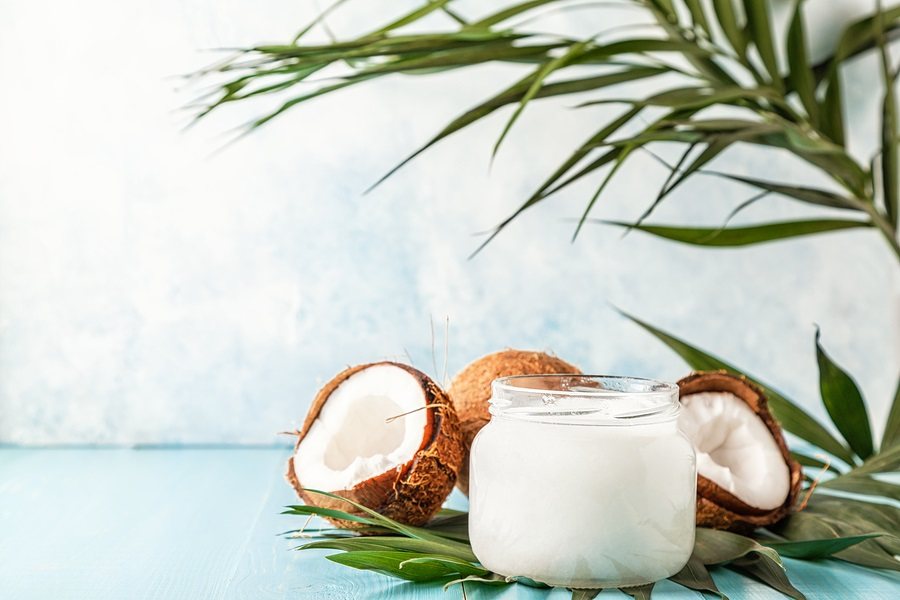Study: Dietary Coconut Oil Leads to Healthy Skin – Reduces Skin Infection and Inflammation
A new study out of Japan and published in the European Journal of Allergy and Clinical Immunology shows how switching the dietary oil of chow fed to mice from soybean oil to coconut oil reduced skin inflammation. The skin healing properties of coconut oil, especially virgin coconut oil, applied topically to the skin have been known for a long time. Even though coconut oil is sold as a dietary oil, people applying it topically are seeing tremendous results for their skin conditions such as acne, eczema, keratosis polaris, psoriasis, rosacea, and fungal infections. We have suspected for years that the reason people in tropical climates who eat their traditional diets which are high in the saturated fats of coconut oil had such beautiful skin, even though they are exposed to the sun to a greater degree than westerners, is because of the high amounts of coconut oil in their diet, which does not oxidize and cause free radical damage as polyunsaturated fats do. Skin cancer, for example, is almost unheard of in tropical climates like the Philippines, but common in western nations, even in colder climates with far less exposure to the sun. Researchers in Japan apparently wanted to test this theory of dietary coconut oil reducing allergic skin inflammation in the laboratory: "Coconut oil is used as a dietary oil worldwide, and its healthy effects are recognized by the fact that coconut oil is easy to digest, helps in weight management, increases healthy cholesterol and provides instant energy. Although topical application of coconut oil is known to reduce skin infection and inflammation, whether dietary coconut oil has any role in decreasing skin inflammation is unknown. In this study, we showed the impact of dietary coconut oil in allergic skin inflammation by using a mouse model of contact hypersensitivity (CHS)."





